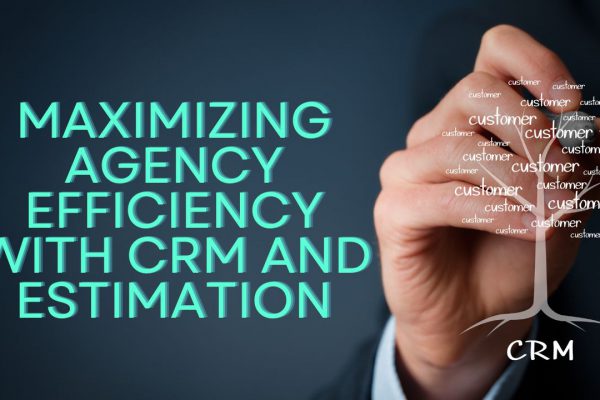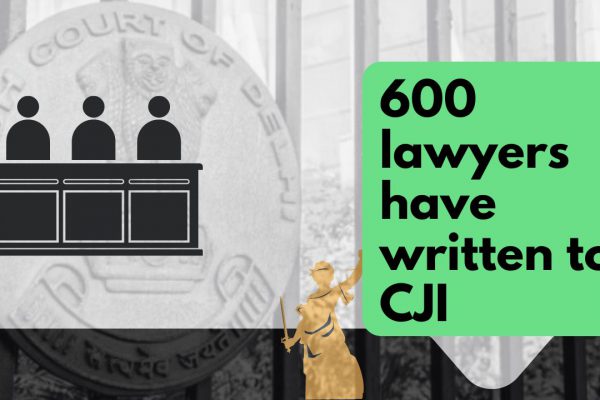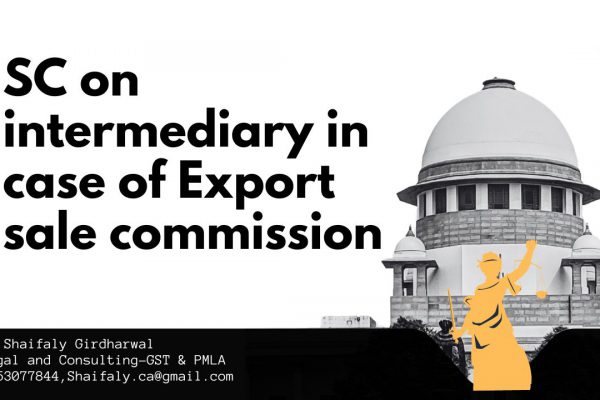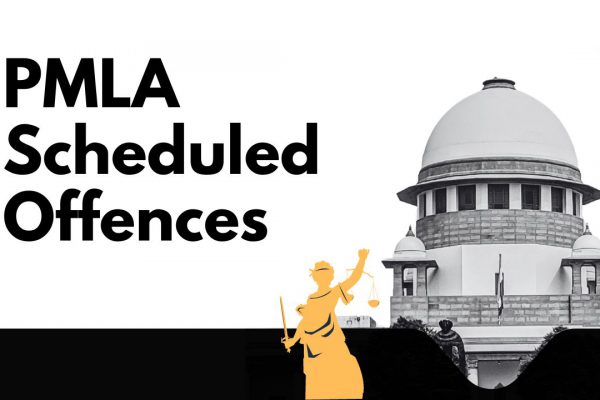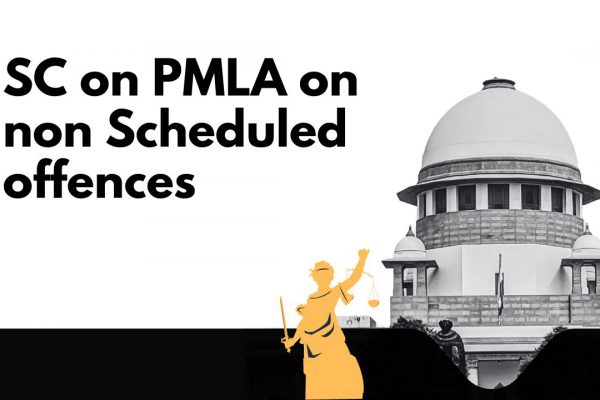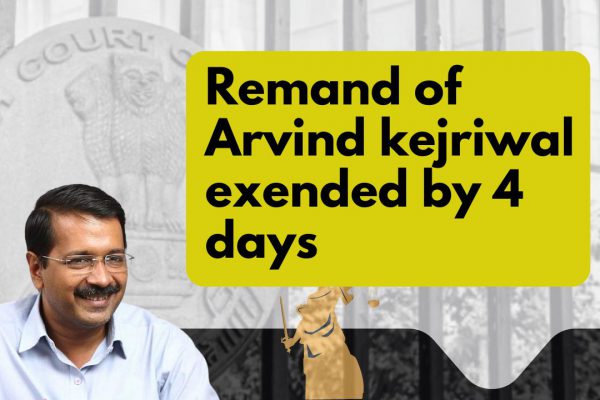Impact of GST on IT sector : By CA Rashmi Jain
Impact of GST on IT sector
IT services will definitely get taxed at a higher rate than the prevailing Service Tax rate of 14.5%. Thus prima-facie it appears that cost of IT services would jump, especially for end customers who do not claim input credit.
Today, most IT service providers have a multi-locational presence with the preferred mode of service tax compliance being on a centralized basis from a single location. An IT service provider enjoys the benefit of availing input service credits, issuing output invoices, discharging service tax liability as well as applying for refunds all on a centralized basis. As opposed to paying service tax to a single jurisdictional service tax authority, the service provider may well be required to pay GST (State GST, Central GST, IGST, as the case may be) to GST authorities across multiple States.
What is presently not clear is whether the rules will provide for the service provider to pay an IGST on such supplies from his location or in effect require for the service provider to obtain a GST registration in each relevant State (especially in the case of services that are taxed based on the location of their performance). Either way, the service provider would need to map the relevant place of supply for each of his supplies and report compliance basis the same. An important related aspect in this regard is for the service provider to ensure that GST credits pertaining to the supplies are captured and availed in the location from where output GST is paid.
The issue of determining the place of supply can be expected to assume more significance in the context of IT services provided to customers with a pan-India presence. Should the concept of centralized supply and billing undergo a change under GST, an IT service provider engaged in ERP systems implementation across branches of a customer in all the locaions States may well be required to split GST payment across these locations.
IT service providers, under GST would be able to set-off input GST on purchase of Goods required for setting up the necessary IT infrastructure with their GST output liabilities. Thus, in the long-run these benefits would ultimately flow to end users as IT service providers would lower their costs.
IT software currently attracts Central Excise (for manufacture of CDs containing software), VAT (for sale of those CDs) and Service Tax (for selling software in electronically downloadable format). Under GST this dual taxation and cascading effect would reduce significantly and the benefits could accrue to end user in the form of lower prices. supplies to an end consumer or government or other non-taxable sectors would involve the customer being unable to avail GST credit and hence cause potential pricing pressures. Also, relevant is the cash flow impact a service provider may need to budget for in the light of an increase in the tax pay out on procurements.
Currently, IT services are governed by a simple regime, where there is one single point of taxation―the central service tax and one single point of registration.
Complex billing and invoicing requirements due to the supply and valuation provisions of the GST bill could complicate taxation for IT companies and make life difficult for the services sector in general, and IT industry in particular
Under the GST regime there are three tax points: central GST, inter-state GST and state GST. Multiplying three GSTs with 37 jurisdictions take the total number of points of taxation to 111 anf the resultant compliance requirements may make life for IT sector quite difficult whether intra state, or interstate or inter-country.
The ‘place of supply’ provision of GST may require multiple invoicing if services delivered under a single contract are delivered from various offices/centres of the same Company.
While GST brings clarity on taxation of electronic downloads and subsumes multiple levies, valuation of services provision can potentially lead to disputes and litigations.
E-commerce marketplaces stand to lose significantly because of taxation requirements on businesses that transact on online marketplaces.
The provision mandating ‘tax collection at source’ transactions on a third-party e-commerce marketplace is “discriminatory” and can potentially render such e-commerce marketplaces unviable, experts feel.
The proposed GST Bill is likely to negate the beneficial impact of e-commerce on hundreds of thousands of small businesses in the country by compelling them to seek refunds, thereby compounding their working capital problems.
IT units in special economic zones (SEZs) will lose some inherent advantages because there is no provision for upfront tax exemptions in the GST bill. In order to make exports internationally competitive, the Model GST Law rightly preserves ‘zero-rating’ for export of goods and services. However, no scheme for upfront GST exemption/ zero rating appears to be in offing for supplies of goods and services to exporters of services (ie, STP, SEZ, EHTP and EOU units engaged in exports). As things stand, it seems SEZ units would be given the same treatment asa DTA exporter and will be required to claim refunds of the input GST credits unutilized. This would entail additional working capital for an SEZ unit with it losing its current sheen. Also, It is worthwhile for the industry to represent on such discontinuance of benefits (other than basic customs duty) especially to SEZ units as the SEZs have been set up under the SEZ Act which specifically provides for upfront exemptions from taxes.
Also, for an export oriented unit other than an SEZ (which enjoys an upfront exemption) which is currently marred with delayed refund of input credits, the Model Law does not provide for a simple mechanism for disposal of refund applications. More worrisome is the fact that, if GST refund is linked to refund of GST credits, exporters shall incur GST costs in respect of goods and services used in their authorized operations but do not meet the bench of the definitions of “inputs”, “input services” and “capital goods”.
The Model GST Law is silent on the continuation of various concessional duty benefits currently available to manufacturers of mobile phones, tablets and customer premises equipment. Furthermore, the current framework of GST may not enable meaningful outcome of these benefits. Also, with various taxes which were currently not available as credit (like CST) being subsumed into GST, would enable such taxes to not be a cost anymore culminating to lower prices for the final product.
IT companies can have several delivery centres and offices working together to service a single contract. With GST, companies might require each centre to generate a separate invoice to every contracting party. Duty on manufactured goods is going to go up from existing 14-15% to 18%, which means the cost of electronics from mobile phones to laptops- will rise.
As a result they will have to apply separately for refunds. SEZ units have enjoyed upfront exemptions so far. IT service exporters under the Software Technology Park (‘STP’) scheme, presently burdened with recurring service tax refund claims could well see an increase in the number as well as quantum of such refund claims under GST. With only basic customs duty exemption expected to continue for these exporters, the possibility of State-wise refund claims for Central GST, State GST and IGST for goods as well as services cannot be ruled out under GST. Should this happen, the very rationale of operating under the STP scheme may need to be re-evaluated.
Besides, reverse charge of GST on import of services used as input for services that are exported, could lead to locking in working capital.
Let us learn together. MY TAKE
If you already have a premium membership, Sign In.
 CA Rashmi Jain
CA Rashmi Jain
New Delhi, India



